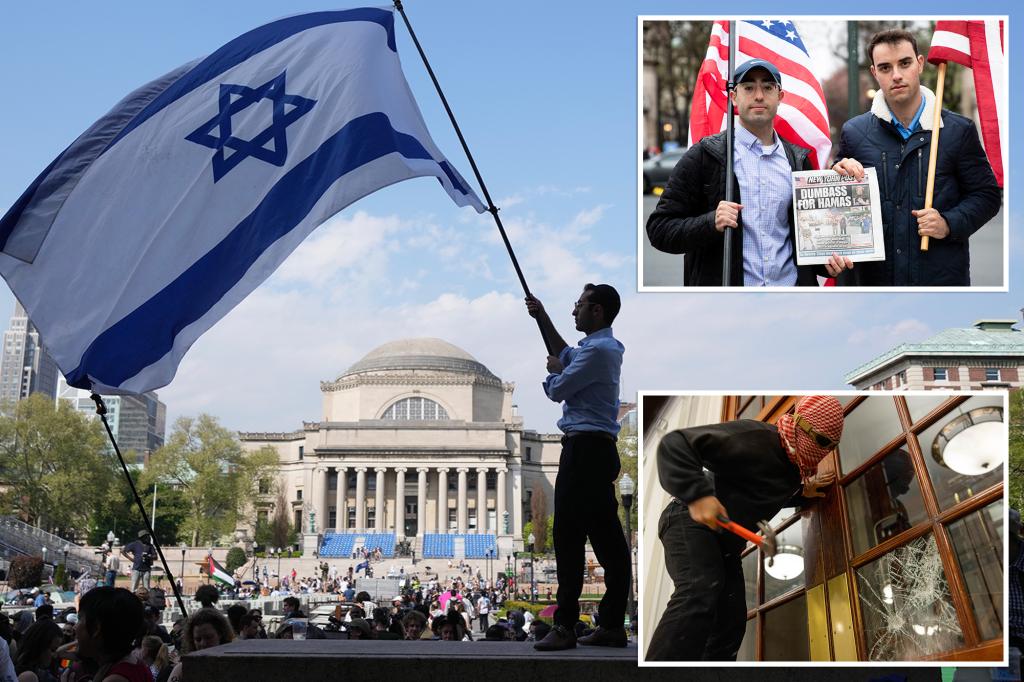In the wake of a deadly attack by Hamas on Israel in October, Jewish students at Columbia University faced a wave of antisemitic hate, including death threats, physical assault, verbal abuse, and harassment. The school’s faculty-led antisemitism task force released a 91-page report detailing the extent of the hate that permeated the institution. Students reported being pushed, berated, and denied access to public spaces simply because of their Jewish or Israeli identity. Swastikas were drawn in dorms, Israeli flags were burned, and students shouted pro-Hamas chants.
The report gathered testimony from nearly five hundred Columbia students, revealing horrifying experiences such as being pinned to walls, having jewelry ripped off, being spat on, and called ethnic slurs on campus. One student had to move out of her dorm after facing continuous pounding on her door by people demanding explanations for Israel’s actions in Gaza. There was a pervasive sense of fear among Jewish and Israeli students on campus, with some feeling the need to hide their Jewish identity to avoid conflict and violence.
Faculty members were also implicated in contributing to the antisemitic environment on campus. One faculty member called a student a murderer for serving in the IDF, while another accused Jewish donors of money laundering and having blood money. During protests and demonstrations on campus, Jewish students faced death threats, assault, and harassment. The atmosphere of fear and threats led one Israeli veteran student to express concern for his safety and that of other Jewish students on campus.
Councilman Eric Dinowitz described the students’ testimonies as horrifying but not surprising, as reports of antisemitism on college campuses have been increasing even before the events at Columbia University. The task force issued recommendations to address the issues, including improved anti-bias training, a new reporting system for complaints about antisemitism, and consequences for students and faculty engaging in such behavior. These recommendations came just before the start of the fall semester and after the resignation of the university president due to the period of turmoil that had affected the school.
Interim President Katrina Armstrong denounced the incidents as completely unacceptable and pledged to implement new initiatives at the university in line with the task force’s recommendations. She acknowledged the harm done and committed to making necessary changes to create a safer and more inclusive environment for all students. The antisemitic incidents at Columbia University highlighted the ongoing challenge of combating hate and discrimination on college campuses and the importance of taking decisive action to address such behavior.













